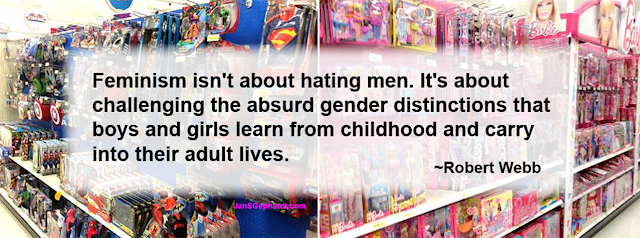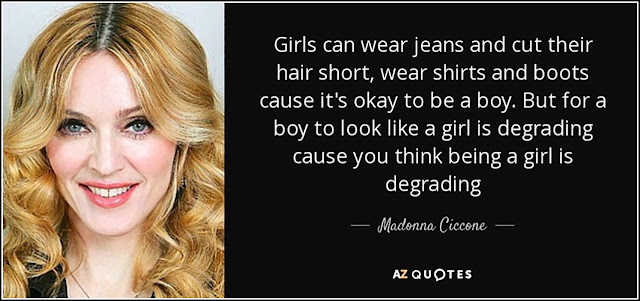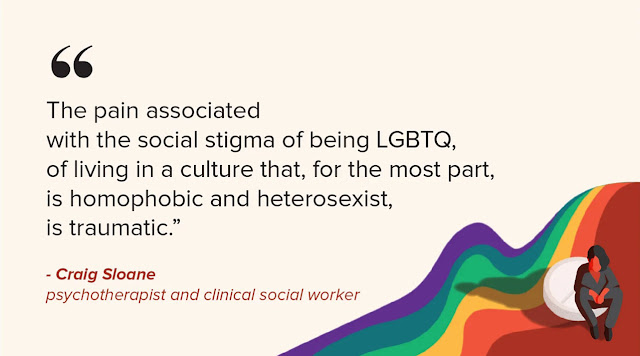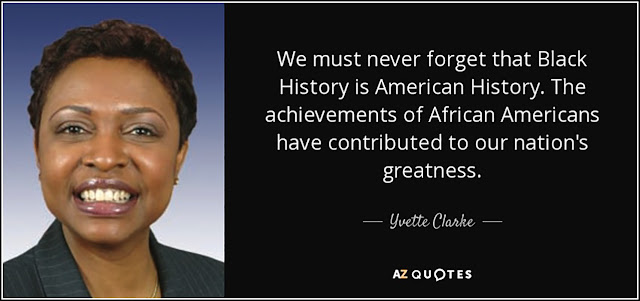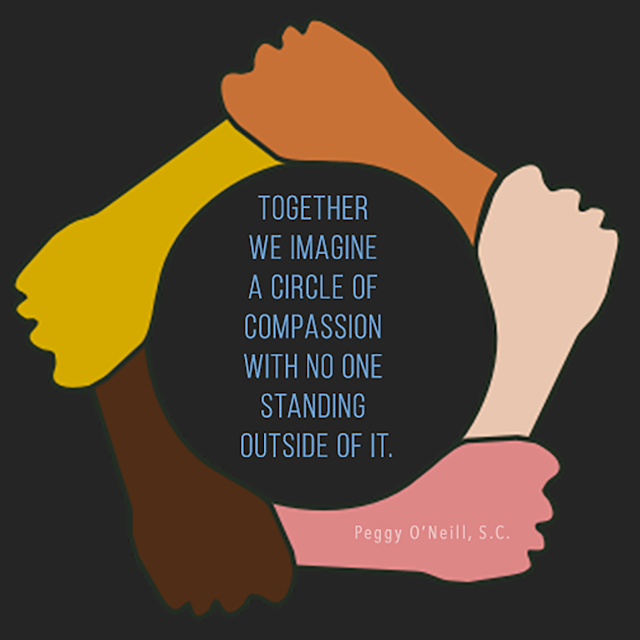When you get right down to it, inequality lies at the root of Women’s History Month. Imagine if there were no historic, male-centric preponderance of lopsided favoritism. In that case, all months would be equally devoted to the historic achievements of both men and women. But there’s not. So, here we are.
Certainly, the same could be said for Black History Month, as well as the Black Lives Matter movement. (Of course “all lives matter,” but there’s no enduring legacy of systemic brutality against white men. Only the stubbornly obtuse would argue otherwise). But that’s the thing. Inequality lies at the root of nearly every social ill. Inequality of access to health care. Of access to housing. Or education, or healthy food. It goes on and on.
All of these are undeserved inequities. That is, for the most part the people who suffer from them did nothing to deserve them. Oh, right. How dared they be born in a particular time, place, and social position! Very negligent of them! But of all the inequalities that surround us, perhaps the most foundational – and probably the oldest – is gender inequality.
Gender Inequality Lies at the Root of All Inequality
When you can discriminate against your own mother without a second thought or the slightest qualm, that’s a special kind of low. When you can demean your daughters and turn your lifemate into a chattel, you’re beneath reprehensible.
No, I’m not talking only about men. We humans – all of us – have collectively been buying into some version of this arrangement for millennia. If anything, that only makes it more horrifying, not less. And once you’ve crossed that very basic, intimate line? Heck, what’s going too far, after that? Skin color? Spoken accent? Different religious tradition? Pick whatever you feel like hating, and do your worst! There’s a saying that common sense is not so common. In human history, it seems common decency has been all too rare, as well.
This pernicious insistence on a hierarchy of superiority and inferiority within our own families creates a powerful unconscious bias. It dictates many aspects of how we see the world and relate to others. And as a result it enforces a host of other arbitrary rules. “Boys are blue and girls are pink” is only the beginning.
Two Quotes-in-Point
This post was inspired two quotes I paired up and shared on this blog in 2017. Here they are (one re-envisioned a bit):
I didn’t say much about either quote when I first posted them (I didn’t have Yoast SEO critiquing me with red frowny-faces back then, for one thing). But it seems to me that considerably more could and should be said on the topic of the messages our families and our society send.
I’ve been both a teacher and a mom. Granted, that was a while ago (my kids are millennials). But with that background, I can attest that parents can’t control all – or even most – of the messages kids receive. Sorry, fundamentalist home-schoolers and cranky conservative legislators. It’s a losing game. No matter how draconian you are, you ultimately lose this battle.
In a society like ours, messages come through. They penetrate, in spite of everything a person tries to do to control them. The trick is teaching our kids how to evaluate what comes through. Preferably, we’ll do that in a way that doesn’t distort their thinking in even more dysfunctional ways than society already has adopted.
What are we Teaching Our Kids?
There’s a humongous battle going on right now in the United States, about what we’re teaching our kids these days. First, a moment of perspective: there have always been people (especially, but not exclusively, conservatives) getting their panties in a twist over what we’re teaching our kids these days (in whichever century “these days” are).
Back when my kids were in school, I remember how another mother worried about whether our children were being taught that “it’s okay for somebody to have two daddies.” She was outraged to discover the idea didn’t outrage me. And it’s a story that truly should be a remnant from another era. But lately it’s back again, along with deeply corrosive controversies about children’s sports competitions.
It's pretty easy to see how inequality lies at the root of this thinking. People who self-identify within the LGBTQIA+ community have never been in a numerical majority. This inequality of influence made them easy to oppress. And yet we have evidence that there have never stopped being LGBTQIA+ people at any point in history. This inconvenient fact argues that they are a naturally-occurring phenomenon. Therefore, “born that way.” And therefore not a “lifestyle choice” that could be taught.
What does it Mean to be . . . Whoever You Are?
The LGBTQIA+ community has nearly always alarmed and infuriated others who buy into the historic distortion. Because, put simply, they subvert it. A person who’s built their whole worldview on two genders, one of which is “superior” to the other, doesn’t know what to do with other expressions sexuality (or asexuality).
Except, maybe hate it.
What does it mean to be yourself? Whatever it means to be your true, authentic, full, rich, realized self, it’s the epic task of every individual to continue being it, all the time. All our lives until we die, we’re still becoming who we are in this moment.
Who are you? One of the books recently popular with book-banners is titled All Boys Aren’t Blue. And it’s true. Boys – yes, and girls – can be “any color” their heart dictates. But can they express that self safely? If it’s not safe for boys to be raised “more like our daughters,” then everyone suffers. The distortion persists, and thereby warps everything.
Rooting out the Root
People speak of toxic masculinity, and that’s certainly one facet of our dysfunction. My stubbornly feminist son has wrestled with the concept. With the ways it’s presented, argued, and too often discounted. But he’s not the only one who’s found toxic masculinity, in itself, presents an incomplete picture of the problem.
This is where we come back to that basic, fundamental point I made above. Because when gender inequality lies at the root of all inequality it’s got to be our bottom-line “first focus.” And it pretty much never has been. But I think everything will remain out of joint to one extent or another until we fix this first problem. Because the rupture within our selves, our homes, and our families ripples outward.
When our most intimate primary relationships are disfigured, that disfigures who we are in our core and distorts everything we perceive. When our perceptions are distorted, our understanding of the world is twisted. A twisted understanding of the world warps our interactions with others and contorts all of our interactions. No lasting good can take root until the root of the problem is dealt with.
It behooves us to start digging.
IMAGE CREDITS
The first image in this post, with the quote from Robert Webb, is my own (Jan’s) design. I first published it in 2018 on my Artdog Adventures blog under the title, “Challenging Absurd Distinctions.” Find details about the image’s origins there. Likewise, the Gloria Steinem and Madonna Ciccone quotes were first published in 2017 under the title “Double Standards and Our Kids.” The photo of Gloria Steinem that I added to the original quote is courtesy of Biography.com.
The Craig Sloane quote (drawn from the source article) about the social stigma felt by LGBTQ individuals comes thanks to Healthline and their excellent article about substance abuse in that community. The quote about the “insane” system that develops within dysfunctional families is from Goodreads. I re-envisioned the quote with help from “yuliiahurzhos” and 123rf. Many thanks to all of my sources!
